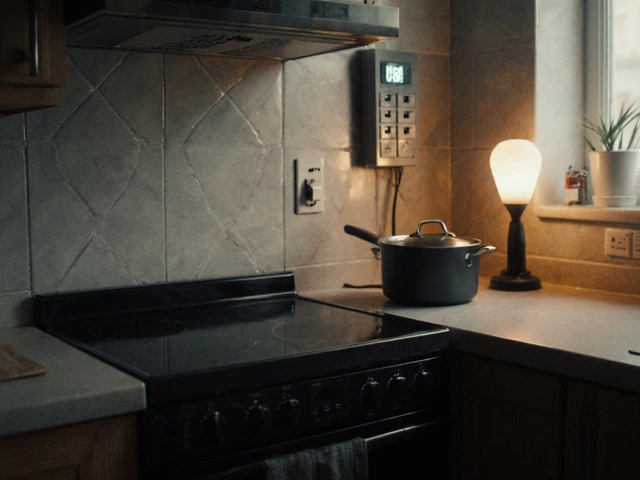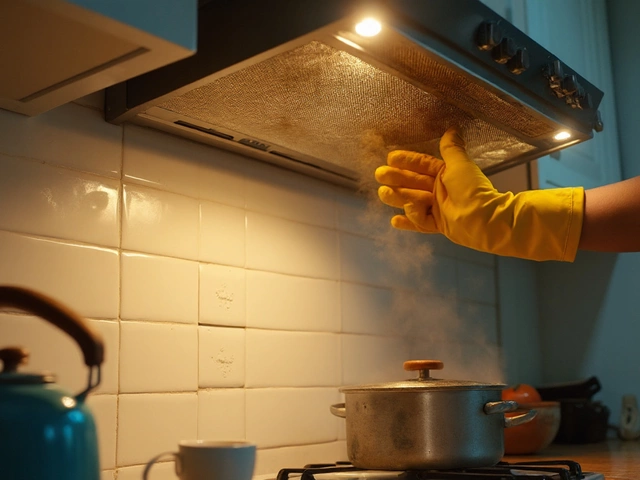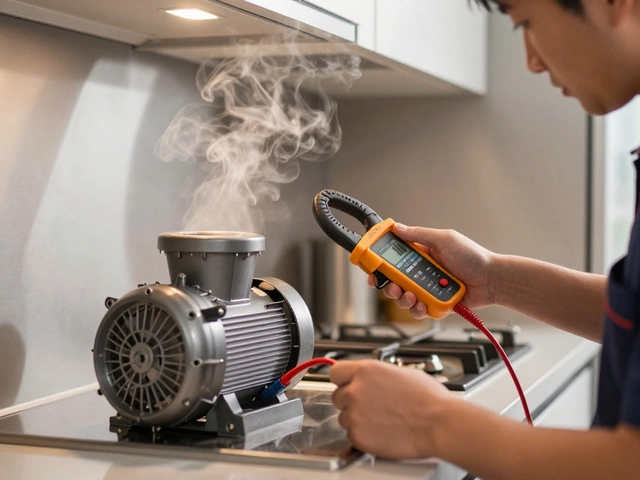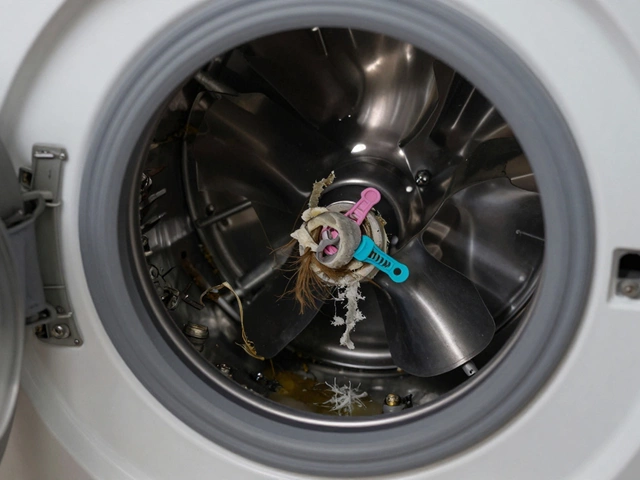Microwave Failure: The Most Common Causes and How to Spot Them
July 10 2025Building Regulations: What Every Homeowner Should Know
Thinking about a new boiler, a kitchen extractor fan, or any gas work? Before you grab a toolbox, you need to know the rules that keep your house safe and legal. In the UK, building regulations set the minimum standards for structure, fire safety, ventilation, and especially gas installations. Ignoring them can mean a failed inspection, costly re‑work, or even a dangerous situation.
Key Regulations That Impact Gas Appliances
The Building Regulations Part G covers ventilation, making sure your extractor fans and bathroom vents work properly. Part J deals with combustion appliances – boilers, water heaters, and gas fire places. This part tells you how far a flue must be from windows, doors, and neighbouring properties. If you’re installing a new boiler, the installer must follow the Gas Safety (Installation and Use) Regulations 1998 and register with Gas Safe. These rules protect you from carbon monoxide leaks and ensure the appliance runs efficiently.
Another often‑overlooked rule is the need for a Building Control Certificate. When you finish the work, the local council or a private approved inspector must sign off that everything meets the standards. Without this certificate you can’t sell the house, and insurance companies may refuse claims if something goes wrong.
Practical Steps to Stay Compliant
1. Hire a Gas Safe registered engineer for any gas work. They’ll know the exact distances for flues and can test for carbon monoxide after installation.
2. Check ventilation requirements early. If you add a new extractor fan, make sure the duct leads straight outside and isn’t blocked by insulation.
3. Get a pre‑approval from your local Building Control office before starting. A quick phone call can save weeks of delay.
4. Keep records. Save certificates, test results, and invoices – they’re proof you followed the law and make future sales smoother.
5. Schedule regular servicing. Even a brand‑new boiler needs an annual check‑up to stay within Part J limits and keep the warranty valid.
Following these steps not only keeps you on the right side of the law but also protects your family from avoidable hazards. If you’re unsure whether a project needs a permit, a quick chat with a qualified engineer or your council’s Building Control team will clear things up.
Remember, building regulations are there to make sure your home stays safe, comfortable, and energy‑efficient. A small amount of paperwork and a qualified professional can save you huge headaches down the road.
 30 Apr
30 Apr
Do I Legally Need an Extractor Fan in My Kitchen?
Thinking of skipping an extractor fan in your kitchen? Before you ditch it, know the legal rules. This article breaks down UK building regulations and key facts in plain English. You'll find out when extractor fans are a must, when they're optional, and what it all means if you're planning repairs or a kitchen refit. No confusing jargon—just clear advice to help you avoid costly mistakes.
Read More...



